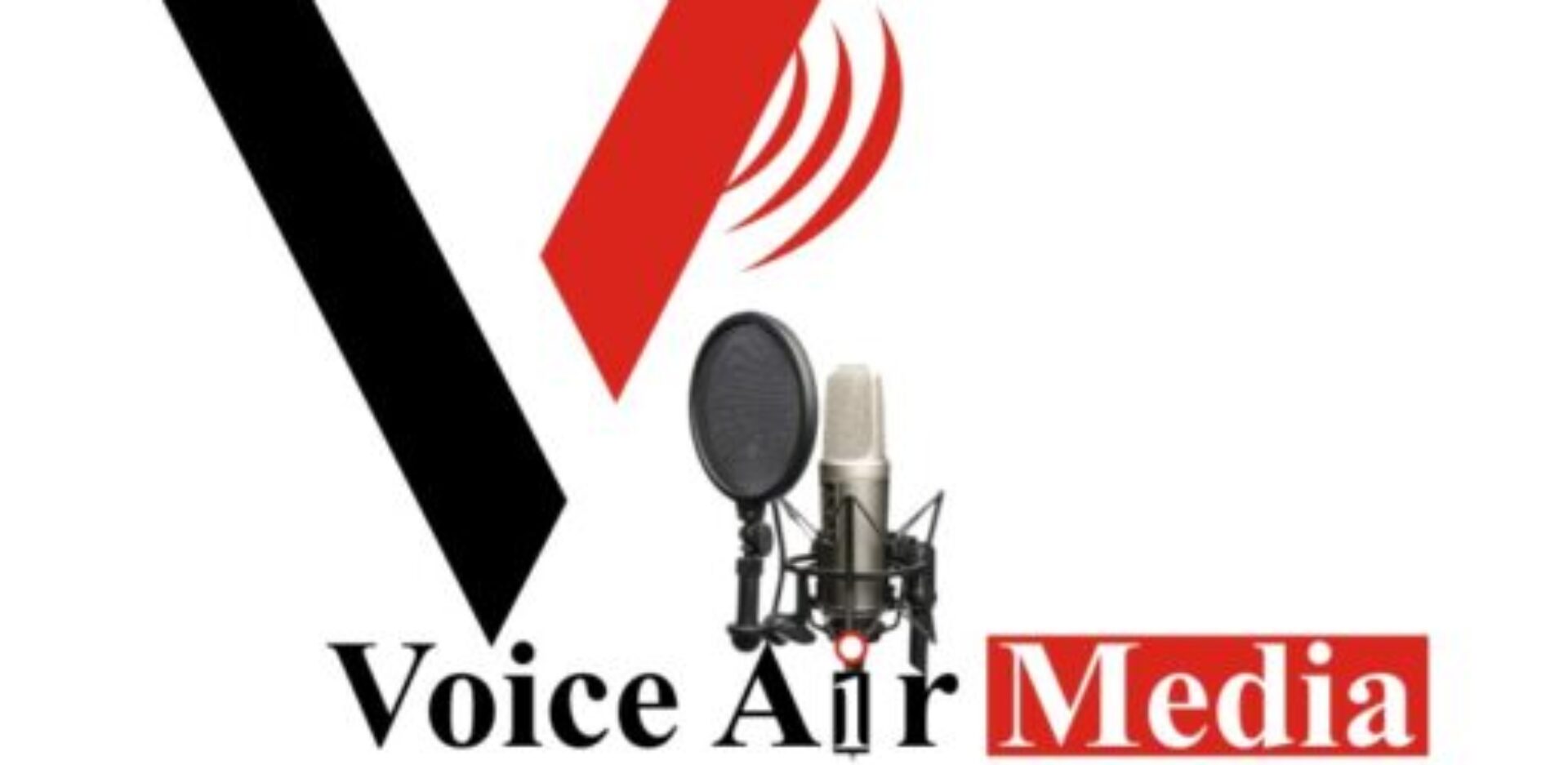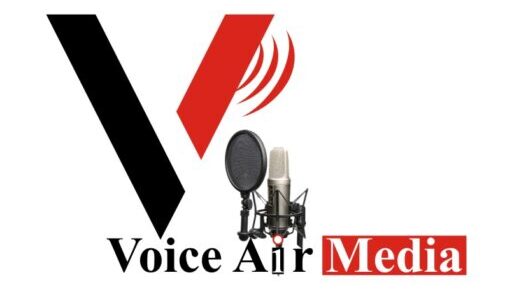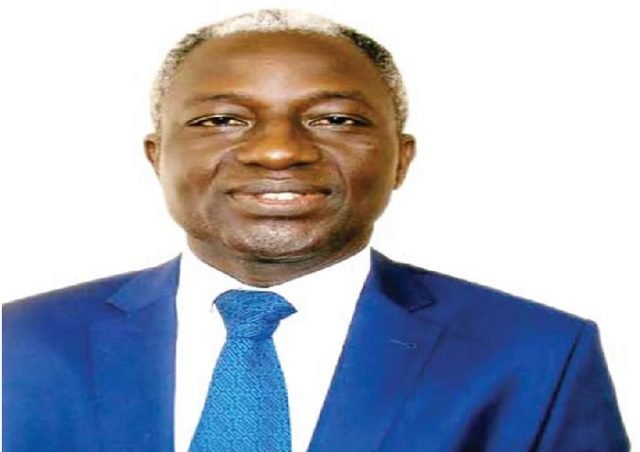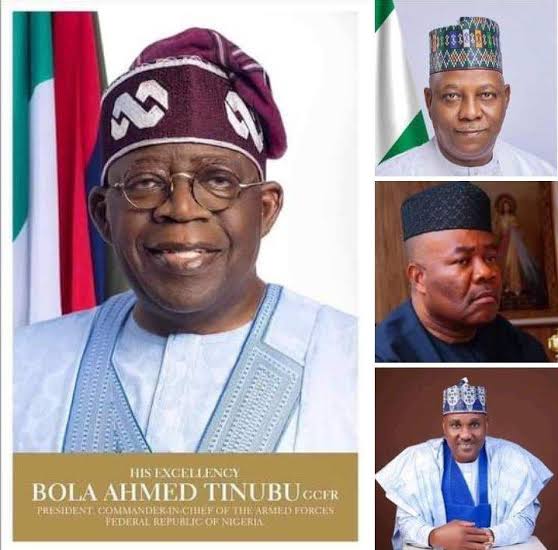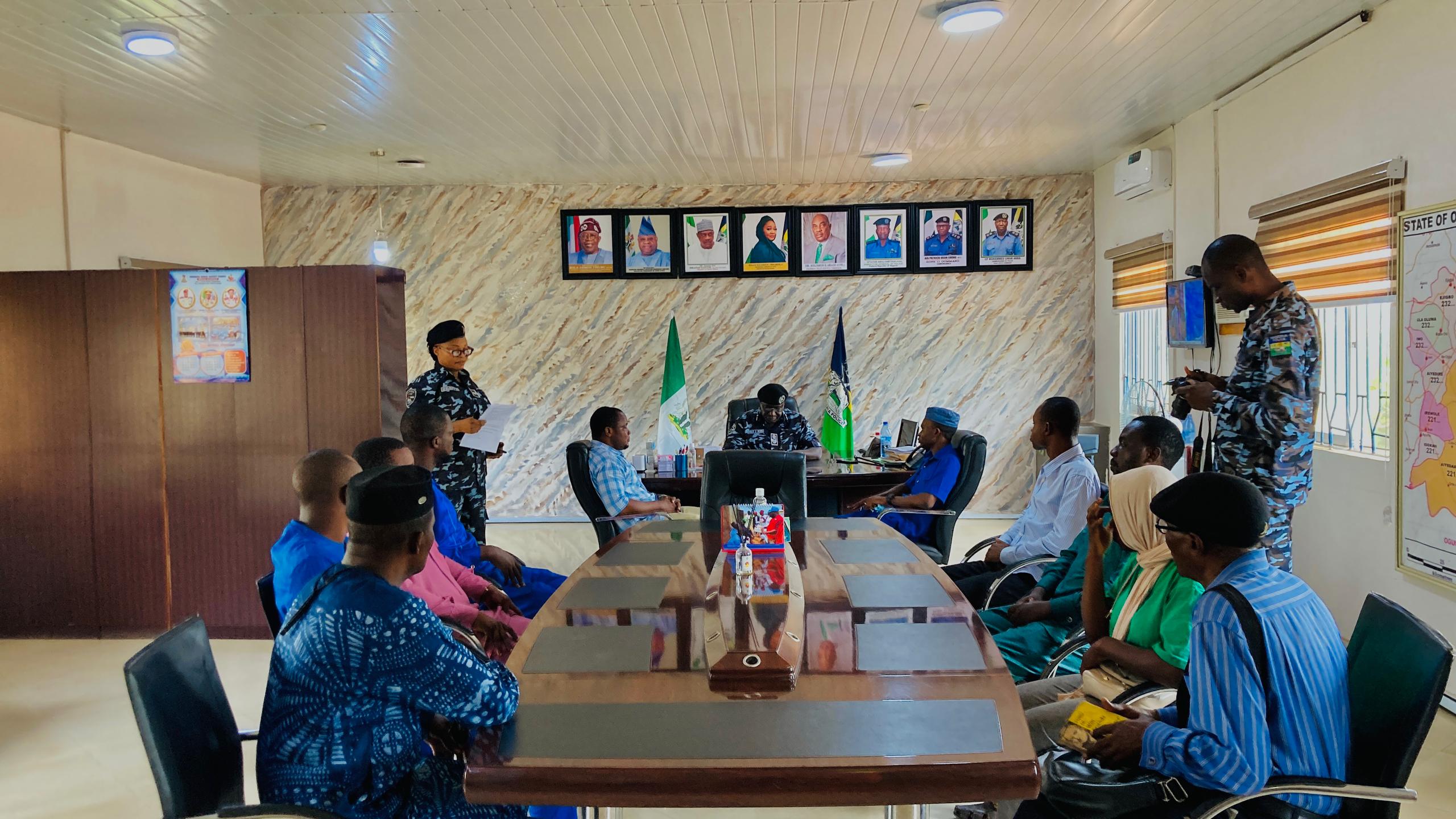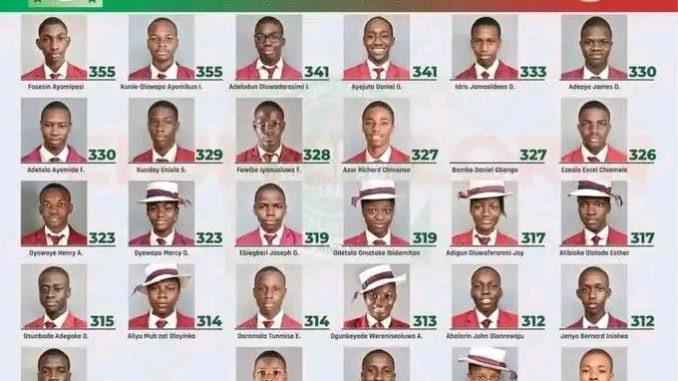Going by the shutdown of companies following the hike in diesel price, the removal of subsidy on petrol will further crash more businesses, petroleum expert and Technical Director at Template Design Limited, Bala Zaka, tells Okechukwu Nnodim in this interview
What is your position on the call for fuel subsidy removal due to the crisis in the downstream oil sector?
Those calling for subsidy removal at this time are disloyal citizens and do not understand what economic growth is all about, not to talk of economic development. This is because you will, first of all, have economic growth before you talk of economic development. Just like there is a difference between being rich and being wealthy. When you are rich, it means you have some endowments in you that can be crystallized, galvanized and metamorphosed into valuable outputs that will make you to be wealthy. And that is why we say Nigeria is rich in crude oil, solid mineral resources and gas, but not a wealthy country. It is the galvanization and crystallization that make a country and its people to be wealthy. In like manner, when oil marketers and others are saying that the price of PMS (Premium Motor Spirit), should ordinarily be approaching the price of diesel (if deregulated), it shows that first of all, they are disloyal citizens. Secondly, they don’t understand the difference between economic growth and economic development. That is why I don’t blame them. I blame the government and leaders of Nigeria that think privatisation is the way, but they don’t know that the kind of private individuals and corporate citizens that we have in this country are only driven by profit maximisation and cost minimisation at the detriment of this country.
And based on this I want to tell you that what the marketers are after is profit maximisation and cost minimisation regardless of whether the economy of this country collapses. Now let me give you my reasons. We already know that diesel has been deregulated and we can see the consequences on all the sectors, whether in the strategic domestic sector, strategic commercial or strategic industrial sectors. We have seen how companies are shutting down, we have seen how commercial banks are closing between 1pm and 2pm in some parts of the country, while others don’t even open on some days just because they cannot afford the cost of diesel and cannot break even. And as I’m speaking to you now, Company Income Tax for this year will go down and maybe that is when people will know the consequences of deregulation of petroleum products’ prices. Now that is just on diesel price, I don’t want to talk much about kerosene or aviation fuel.
Some people suggest that the price of petrol be raised a little to help cut down the huge subsidy on the commodity. What is your take on this?
It is not correct. For people shouting deregulation and that the price of PMS should be approaching the price of diesel, do they know that the minimum wage of this country is $50 or even less than that? The minimum wage in Nigeria today per month is about N30,000 and that is just about $50. In a country where the minimum wage is about $50/month, is that the economy where you want the price of PMS to approach the price of diesel, which is about N850/litre currently? Are they not seeing how Nigeria’s economic landscape is right now? If petrol price should hit N850/litre what do you think will be the consequence on the poor masses? People should be careful with what they push for. They must first think of the repercussion before coming out to utter statements which if implemented could cause untold hardship to the already suffering masses in Nigeria. Deregulation of PMS price should not be enforced, because if it happens, hmm, you can only imagine the outcome of such a decision.
What about concerns that the Nigerian National Petroleum Company Limited has not been able to make any remittance to the Federation Account Allocation Committee since this year due to its huge fuel subsidy spendings monthly?
On why NNPC cannot remit to FAAC, the reason is that they are using the wrong model. If the price of PMS approaches the price of diesel, that means a sachet of pure water will become N100 or N200. Is that the kind of economy we want? So instead of the continuous imports of petroleum products, let us all come together and insist on the functionality of our refineries. After we have seen the negative effect of the deregulation of the price of diesel, kerosene and aviation fuel, anybody that will support the deregulation of PMS price, that person is a very disloyal citizen. I say this because such a person will not mind if the price of a sachet of our water becomes N200. And when that happens what do you think would happen to the economy? Have they forgotten that the minimum wage is even frozen? You will end up creating criminals, thieves and vandals. The impact will be so economically horrendous than you can imagine at this moment. So we should please avoid inflicting more pain on the already suffering masses of this country. Subsidy removal is not what will improve Nigeria’s economy right now, we must realise this before making the costly mistake of implementing full deregulation of PMS prices.
Are you saying deregulation of PMS price should not happen now or that it should be jettisoned completely?
It should not happen, because I don’t have the power to say it cannot happen. But I want to say that it shouldn’t happen, because if it happens the level of economic anarchy will be terrible that this country will become too lawless to manage, this is with all due respect to its managers. You have seen what is happening with the price of diesel and how people are being sacked all over. Now consider what will happen when petrol price increases to a similar rate. We just have to be careful as a country with this matter.
Some people believe that the money spent of petrol subsidy should be channelled to the development of infrastructure. Don’t you share this view?
In fact, let me say this, a lot of people don’t know that what we need is energy and not infrastructure. Many of them keep saying we need infrastructure and that we need to save money for infrastructure. But if you construct the infrastructure and there is no energy, will the infrastructure be useful? If you construct hospitals, schools, laboratories, recreation centres, etc, and there is no energy, in this case, electricity or power to drive those places, will they be useful? Who will work in the hospital, labs and others if there is no energy to power them? So people keep making mistakes by thinking that it is the infrastructure that we need. You need energy first! And when there is energy, young people can be creative, they can do so many things for themselves, even if it means using the Internet and working online. Once there is no energy, nothing will work. So again, the biggest mistake that many people make is that they think we need infrastructure before energy; no! However, it is only infrastructures for energy such as refineries and power plants that you need. Not roads and the likes, for if you construct all the roads and there is no electricity, what are you constructing? It will be useless.
Do you share the view that when Nigeria’s refineries start working, the full deregulation of petroleum products can now take effect?
You don’t need to deregulate when you have a thriving economy. If you have a thriving economy where people are making money and the minimum wage is probably N500, 000 per month, then what is deregulation? The problem we are having is that our country is a very poor country, we have a very weak currency and there is insecurity that is discouraging investment and some people want the country to be run like a capitalist nation. For a country with these challenges, you want to withdraw subsidy on petrol? Again, I plead that we should not make such a costly mistake at this time.
So why do multilateral agencies such as the World Bank, International Monetary Fund, etc, ask Nigeria to halt fuel subsidy?
I was on Arise TV some days ago with a representative of the World Bank in Nigeria and do you know what the man said? He said even if you decide to refine internally, at best what you will be gaining is like N5 differential. But do you know how I caught him? I told him that let’s even assume that it is N5/litre that we will gain if we refine internally and we have been told that we consume about 70 million litres daily. Now multiply that N5 by 70 million litres, it means you will save N350m per day from local refining. You see none of them (multilateral agencies) think in that direction. Multiply that N350m by seven days, multiply it by 30 days, multiply that by 365 days, you can imagine what you will save. And that is assuming you are only saving N5 on every litre if you refine internally, but I am very sure that if you refine internally you will save up to N100/litre. Even if it is N1 that you save and the country consumes 70 million litres daily, consider the multiplier effect monthly and yearly, it is enormous. It will run into billions of naira. I am ready to face the World Bank, Organisation of Petroleum Exporting Countries, International Monetary Fund and others as far as this matter is concerned. They cannot be pushing for full deregulation in Nigeria when our economy is grappling with so much at the moment. We just have to be careful with this subsidy removal matter to avoid plunging Nigeria into more difficult economic crises that will be tough to manage. CONTINUE READING………..
For your Advert Placement, Publicity, Press Release, Personality Promotion, Special Report, Featured , Conference, Interviews, And So On – CONTACT US on WhatsApp/Call📞@ 08072633727 📲
NOTE: We wish to add you to our WhatsApp Database to get our Trending, latest and timely news directly into your WhatsApp Box as the news breaks.
